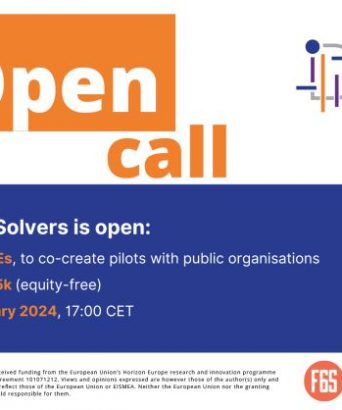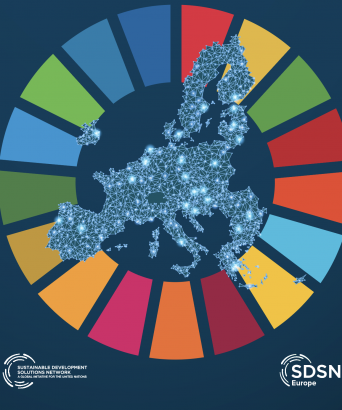First of all, let’s contextualise the European Defence Fund with background information
Why the European Defence Fund is needed?
According to analyses carried out by the EC, there is a lack of cooperation on security and defence issues between the Member States of the European Union and this generates costs estimated at between 25 billion and 100 billion each year. However, the world is characterised by an increasing instability where no country can act alone. Therefore, defence cooperation is the only way to protect and defend Europe and its citizens.
Thus, the European Defence Fund will coordinate, supplement and amplify national investments in defence. Moreover, this cooperation will encourage Member States to produce state-of-the-art and interoperable defence technology and equipment. But it also strongly encourages the participation of small and medium-sized companies in collaborative projects and innovative solutions.
European Defence Fund on track
Work programmes have been adopted by the Commission to co-finance joint defence industrial projects in 2019-2020 worth up to €500 million. An additional €25 million have been allocated to support collaborative research projects in the area of defence in 2019.
Furthermore, the Commission is launching the first EU-funded joint defence industrial projects, and calls for proposals have already been published. There is a need for cutting-edge defence technology and equipment in areas such as:
- artificial intelligence,
- drone technology,
- satellite communication,
- early warning systems,
- cyberdefence or
- maritime surveillance.
And in the coming days the Commission will publish 9 proposals for 2019 and 12 more calls for proposals will follow for 2020. These calls will primarily cover the areas of air, land, sea, cyberspace and space:
- Enabling operations, protection and mobility of military forces: €80 million is available to help develop CBRN threat detections capabilities or counter drone systems
- Intelligence, secured communication & Cyber: €182 million will cover cyber situational awareness and defence, space situational awareness and early warning capabilities, or maritime surveillance capabilities
- Ability to conduct high-end operations: €71 million will support the upgrade or the development of the next generation of ground-based precision strike capabilities, ground combat capabilities, air combat capabilities and future naval systems
- Innovative defence technologies & SMEs: €27 million will support solutions in Artificial Intelligence, Virtual Reality and Cyber technologies, as well as to support SMEs
- In addition, two projects have been proposed for direct award: €100 million to support the development of the Eurodrone, a crucial capability for Europe’s strategic autonomy, and €37 million to support ESSOR interoperable and secure military communications
The European Defence Agency (EDA) published on March 19th, 2019 the THREE 2019 calls for proposals for the EU’s Preparatory Action on Defence Research (PADR). Details about the calls and participation conditions are available HERE
Following the publication of the 2019 calls, EDA and the European Commission will organise an Info & Brokerage Day on the PADR. The event will take place on 11 April 2019 in Brussels.
Registration (deadline 07.04.2019) is open HERE
Eligible consortia may respond to calls for proposals for 2019 until the end of August. And before the end of 2019, there will be a selection of the first projects followed by the official signing of the grant agreements.
Factsheet European defence work programmes, March 2019
The Commission has already financed 5 defence research projects, including the Ocean 2020 project, which amounts to €35 million. And there are ongoing contracts to finance three other projects.







